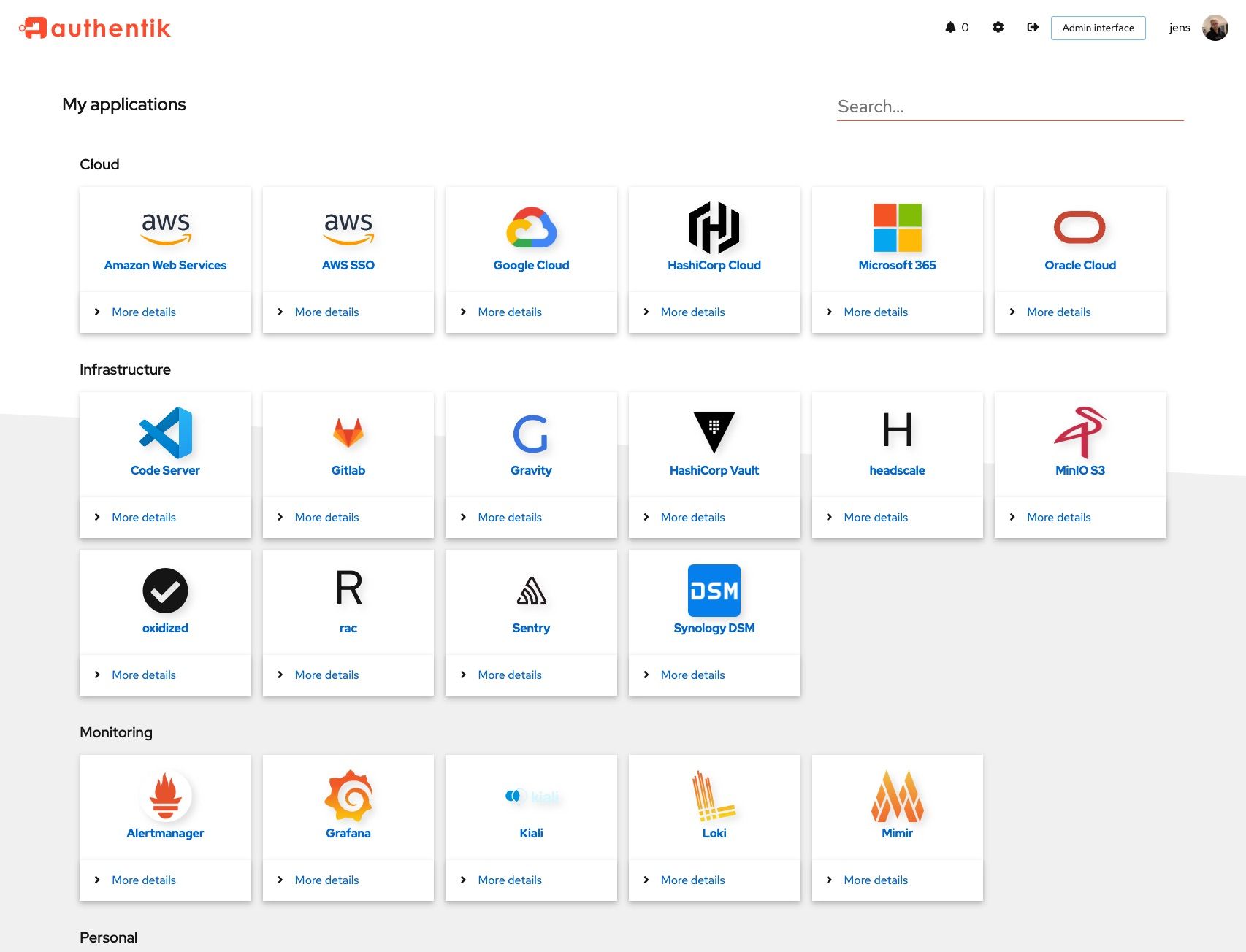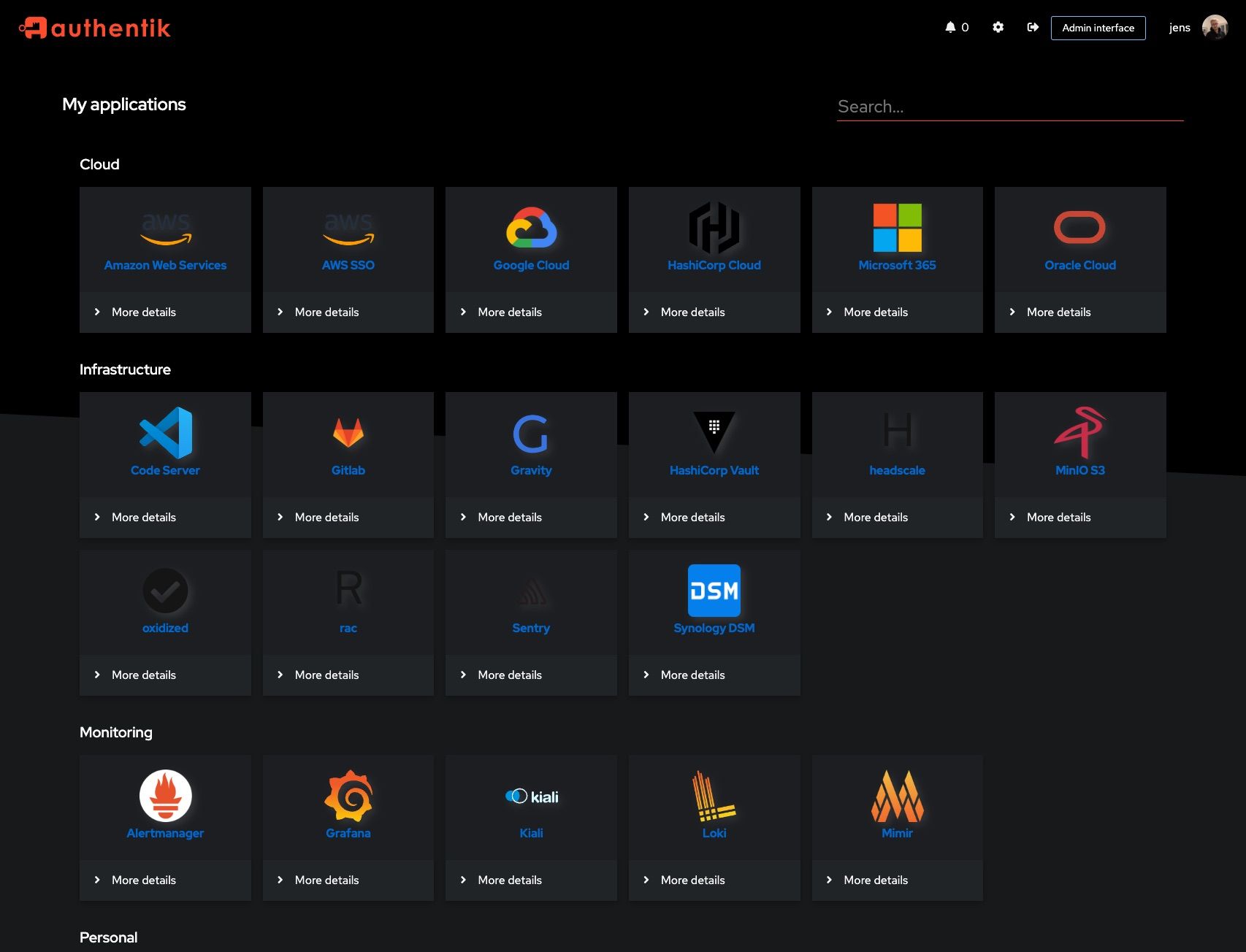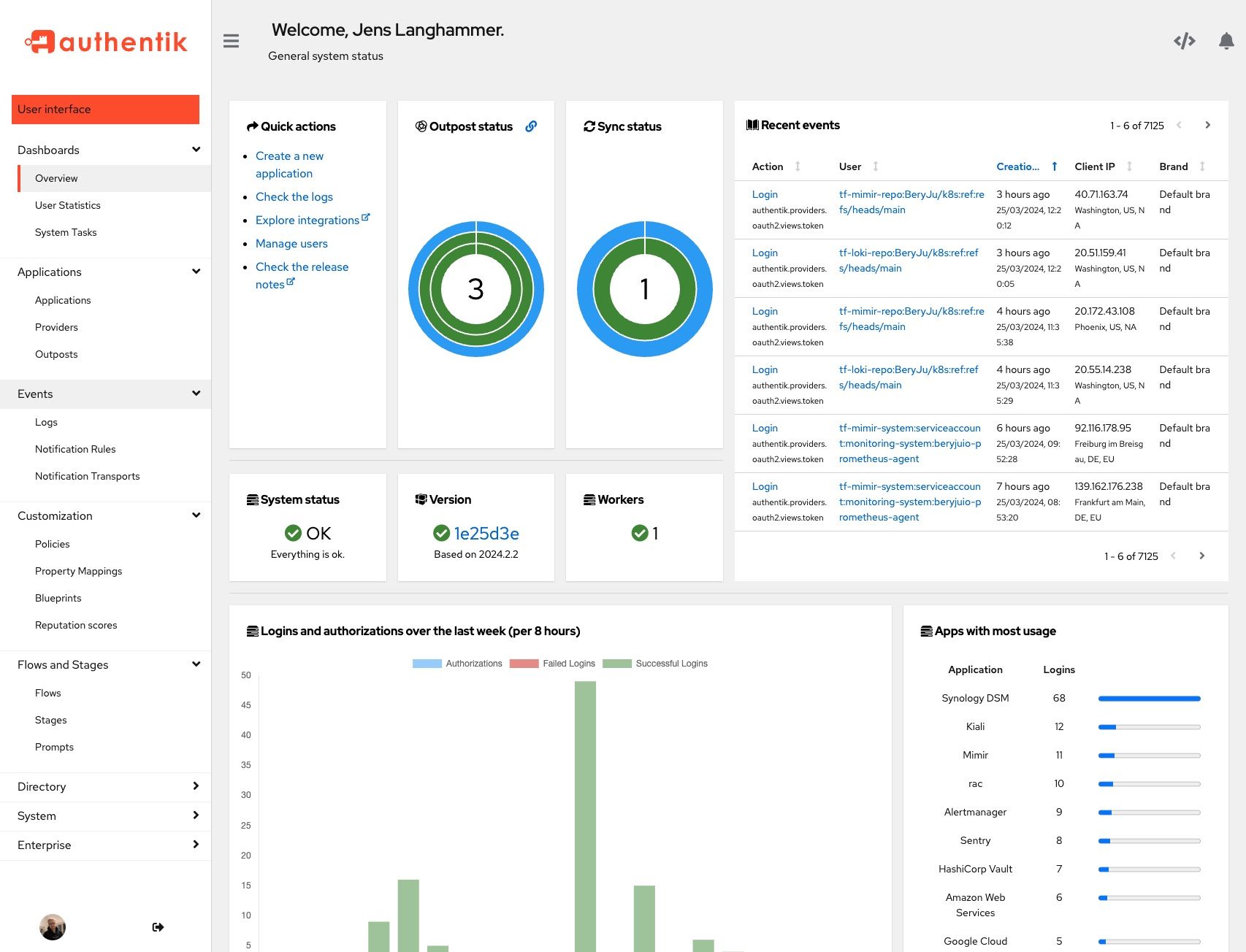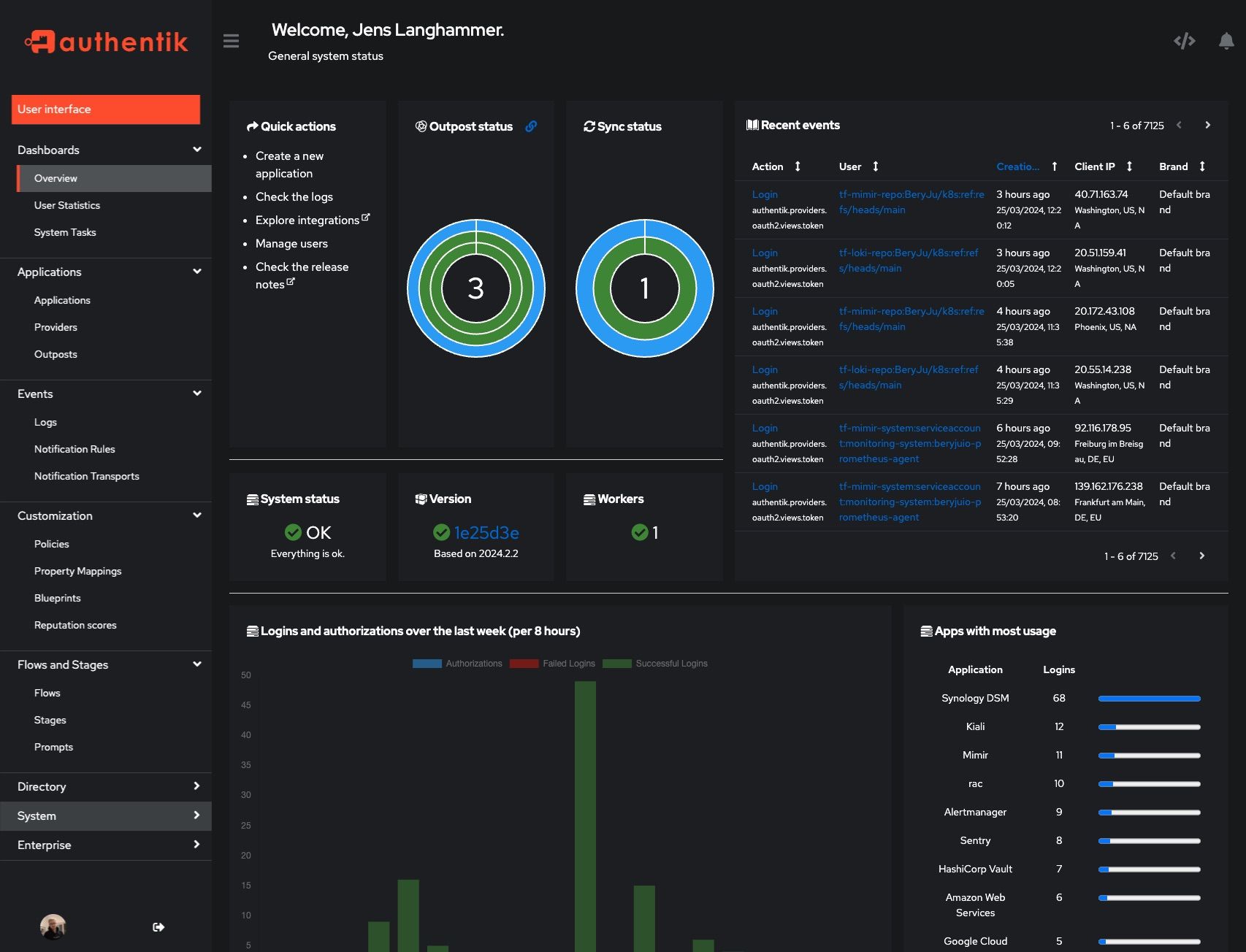242546e621815c232bb25c98953678f6bdb452d3
?inline handler for Storybook (#12246)
* web: Add InvalidationFlow to Radius Provider dialogues
## What
- Bugfix: adds the InvalidationFlow to the Radius Provider dialogues
- Repairs: `{"invalidation_flow":["This field is required."]}` message, which was *not* propagated
to the Notification.
- Nitpick: Pretties `?foo=${true}` expressions: `s/\?([^=]+)=\$\{true\}/\1/`
## Note
Yes, I know I'm going to have to do more magic when we harmonize the forms, and no, I didn't add the
Property Mappings to the wizard, and yes, I know I'm going to have pain with the *new* version of
the wizard. But this is a serious bug; you can't make Radius servers with *either* of the current
dialogues at the moment.
* web: simplify `?inline` handler for Storybook
# What
- Revise the `?inline` handler for Storybook
- Enable headless test runs of E2E
- Reduce headless testing to single instances
# Why
## `?inline` handling
Vite-for-Storybook-for-Web-Components has a requirement that all component CSS imports be
suffixed with an `?inline` argument so Vite knows to put the CSS into the component and
not inject it into the document head.
This `?inline` argument is an implementation detail of Storybook. It would be irrelevant clutter
added to our codebase. We were using `rollup-plugin-modify` to find every instance of an
import-to-component, but the implementation was clunky and involved scanning the source code
manually.
`rollup-plugin-modify` version 3 has regular expressions and takes a function as an argument. This
allows us to generate the CSS import maps on-the-fly when Storybook is run, eliminating a fragile
build step. We can also remove the source code scanner for those imports.
## Changes to testing
It's just nice to be able to run the E2E tests headlessly, without them eating up your screen real
estate, flashing, or grabbing your mouse.
WebdriverIO's testing of Web Components is new and, as we've seen, a bit cranky. The WebdriverIO
team currently recommends not running the tests in parallel. We only have about 70 tests so far, and
they're fairly speedy, especially when you don't have to invoke a browser session for every test.
What is authentik?
authentik is an open-source Identity Provider that emphasizes flexibility and versatility, with support for a wide set of protocols.
Our enterprise offer can also be used as a self-hosted replacement for large-scale deployments of Okta/Auth0, Entra ID, Ping Identity, or other legacy IdPs for employees and B2B2C use.
Installation
For small/test setups it is recommended to use Docker Compose; refer to the documentation.
For bigger setups, there is a Helm Chart here. This is documented here.
Screenshots
| Light | Dark |
|---|---|
 |
 |
 |
 |
Development
Security
See SECURITY.md
Adoption and Contributions
Your organization uses authentik? We'd love to add your logo to the readme and our website! Email us @ hello@goauthentik.io or open a GitHub Issue/PR! For more information on how to contribute to authentik, please refer to our CONTRIBUTING.md file.
Description
The authentication glue you need.
authenticationauthentikauthorizationkubernetesoauth2oauth2-clientoauth2-serveroidcoidc-clientoidc-providerproxyreverse-proxysamlsaml-idpsaml-spsecuritysso
Readme
MIT
664 MiB
Languages
Python
51.7%
TypeScript
36.4%
MDX
5.1%
Go
3.7%
JavaScript
1.6%
Other
1.4%







